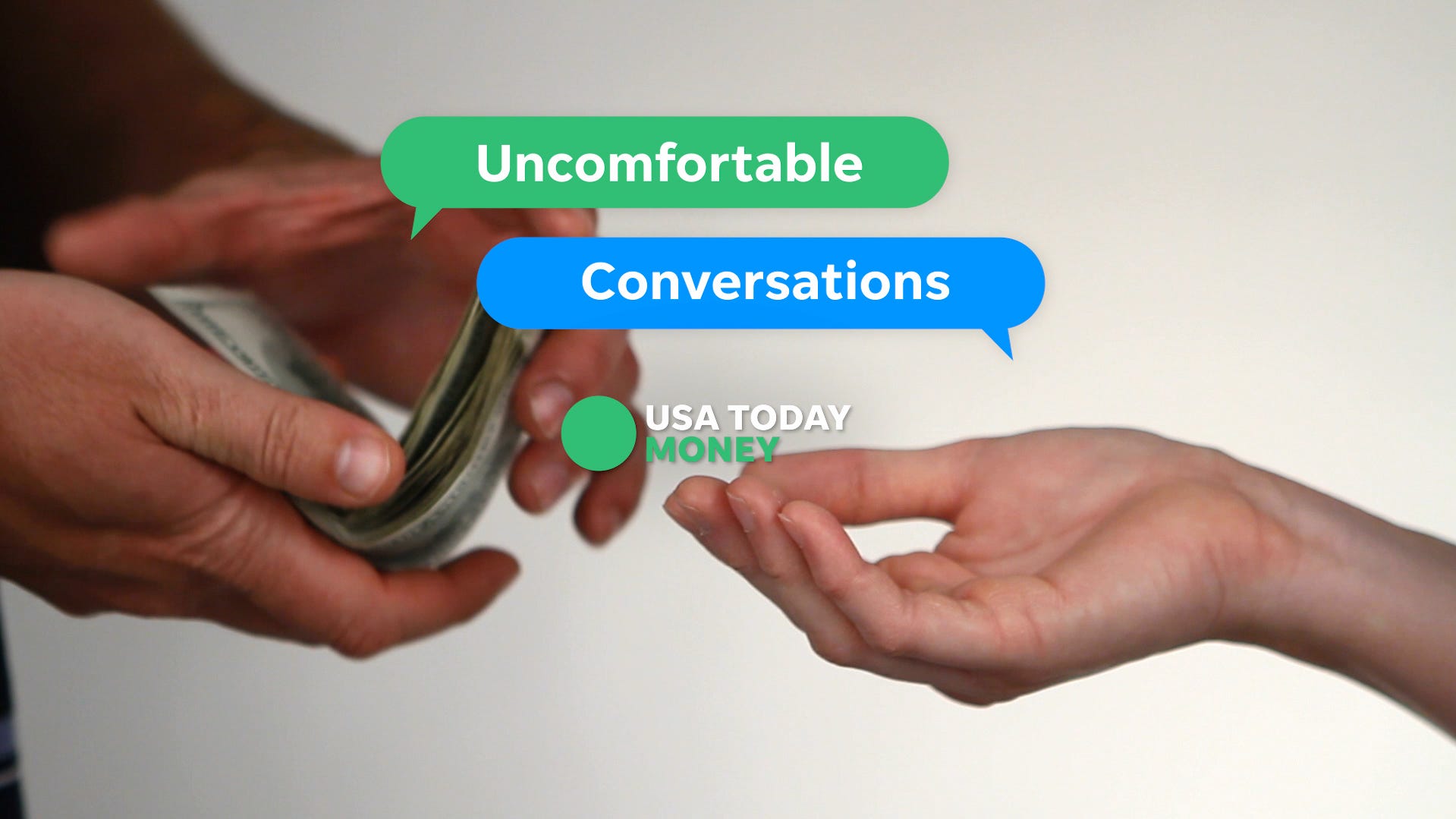
What to do when a friend or family member asks to borrow money
Waiting to get paid back from a friend or family member you loaned money to can put a strain on the relationship. Here’s how to avoid the stress.
Friendship and money don’t mix, a new survey suggests.
More than 1 in 3 Americans have lost friends over money, according to a summer report from the personal finance site LendingTree.
Of the 2,000 adults surveyed, 36% said they had lost a friendship over money. Two-fifths reported tension with friends over money. And nearly one-third felt pressure to keep up with friends’ spending habits.
None of that tension, though, seems to stop Americans from mixing money and friendship. In the LendingTree survey, 77% of respondents said they had lent money to friends. One-third of lenders didn’t get the money back.
“Money is complicated, and it is emotional,” said Traci Williams, a clinical psychologist and certified financial therapist based in Atlanta. “And our friendships are some of our closest relationships in the world, so it’s not surprising that the two can become intermingled and complicated.”
The perils of mixing friendship and funds
Other recent surveys have reached similar conclusions about the perils of blending friendship and funds.
In a 2024 survey by the financial services company Bread Financial, 21% of Americans reported losing friendships over money. That survey reached 1,670 consumers.
Money strains friendship in other ways. In the Bread Financial survey, 65% of consumers said they had “broken their budgets” for social activities. And 26% said they felt financially incompatible with their friends.
In the LendingTree survey, 69% of consumers said they had opted out of a social outing because of cost.
Communication, or the lack of it, seems to loom large in money conflicts among friends: One friend expects a loan to be repaid, and the other doesn’t. One diner objects to the cost of a group meal but doesn’t speak up.
“I think where people end up getting hurt is where their expectations aren’t met,” said Jessica Calaway, senior manager of consumer insights at Bread Financial.
Younger Americans may be more comfortable with money and friends than older generations. In the Bread Financial survey, 61% of Gen Z and 70% of millennials said borrowing money from friends is common practice, compared with only 38% of boomers.
Younger consumers “grew up in a world where it wasn’t taboo to talk about money,” Calaway said. “There is going to be tension about it, but that tension is not always bad tension.”
Here are some rules for handling money with friends, drawn from the above experts and from the publications The Everygirl and Bustle.
Be careful about lending to friends
As the surveys suggest, loans to friends don’t always end well.
Lending money to a friend in need can strengthen the friendship, experts say. But what if you lend money to a friend who pleads poverty, and then you watch them splurge at the mall the next weekend? Harsh judgments and hurt feelings can follow.
“If you are going to loan money to someone or borrow money from someone, it’s really, really important to sit down and talk through the expectations on both sides and what the consequences will be if those expectations aren’t met,” said Matt Schulz, chief consumer finance analyst at LendingTree. “Because it’s a whole lot easier to have that conversation up front than it is when things are on fire.”
If a friend asks to borrow money, Schulz said, it’s all right to say no.
If you do borrow money – or a dress, or a power tool – from a friend, experts say, return it quickly.
It’s OK to ask for the money back
If you’ve loaned a significant sum to a friend, or lent out a treasured record album, there may come a time where you fear your friend has forgotten the loan.
It’s tricky to find the right way to nudge the friend to give it back.
If it’s money, Bustle suggests, you could send a reminder on a favored payment app.
You can also risk a tactful text: “Hey, would you mind hitting me back for that Taylor Swift ticket?”
But take care how you write it.
“Remember that this is your friend,” Williams said. “Treat this person like you care about them.”
Don’t seek payback for something small
You may feel put out in spotting a friend $7 for a coffee drink. But if you harass them endlessly to pay you back, you risk fracturing the friendship.
Friendship implies the occasional exchange of small favors: You buy this coffee, and I’ll buy the next one.
Bustle surveyed readers about money etiquette and found that 90% wouldn’t bother with a Venmo request for less than $10.
“For one person, $10 may not seem like much of a deal,” Williams said. “And for the other person, it might.”
Find a fair way to split the bill
Splitting a restaurant tab is seldom easy. One diner may eat and drink twice as much as another.
With larger groups, a server may helpfully inquire about separate checks. That is the moment to speak up, if you are concerned about splitting the bill.
“People typically want to pay for what they’ve consumed,” Williams said. “They don’t want to split across the board.”
Happily, splitting the bill has never been easier. Many restaurants will do it for you. Bill-splitting apps abound.
On big trips, plan spending in advance
Splitting a restaurant tab is one thing. If it’s a weekend in Las Vegas, the stakes are much higher.
On group vacations, experts say, it’s important to plan out expenses ahead of time.
“That’s when you really want to be clear about expectations and what the plan is, as well as deadlines for paying for things,” Williams said.
It’s human nature to feel resentful about a large bill. To avoid antipathy, she said, consider making a spreadsheet that lays out exact expenses and shows who’s paying for what.
